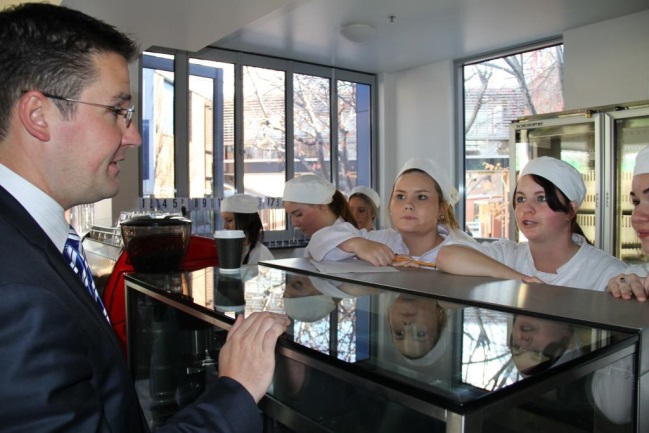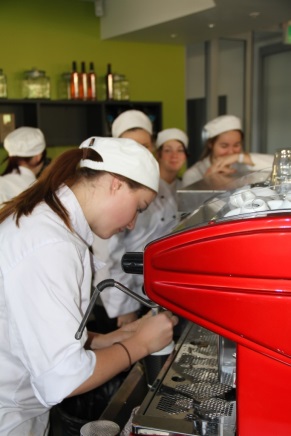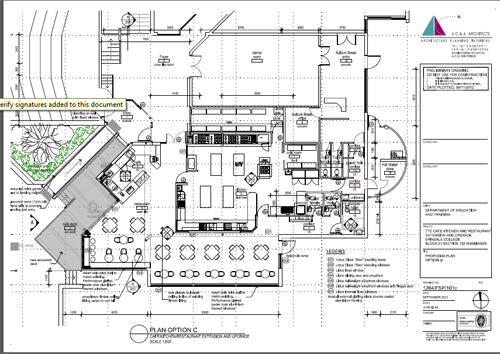Tuggeranong Sustainable Living Trade Training Centre (ACTIVE Tuggeranong RTO)

In 2013 the public secondary schools in the Tuggeranong Network were awarded $ 8.163m from the Australian Federal Government for funding to create the Tuggeranong Sustainable Living Trade Training Centre (TSLTTC). The two colleges in the network, Erindale and Lake Tuggeranong College became a specialist hub for three of the qualifications delivered (Hospitality, Building & Construction and Automotive) and work in partnership with Tuggeranong CIT and other training providers. The five Tuggeranong High Schools - Calwell High School, Caroline Chisholm School, Lanyon High School, Wanniassa School, and Namadgi School make up a consortium of schools that offer programs together with the colleges under the banner of the Tuggeranong Sustainable Living Trade Training Centre (TSLTTC) which commenced operations in 2014.
In 2016 the two college RTOs (Registered Training Organizations) merged into one creating ACTIVE Tuggeranong RTO (RTO Code:88000) which covers all VET delivery in public schools in the Tuggeranong network. As part of this merger TSLTTC is now an integral part of ACTIVE Tuggeranong RTO (RTO Code:88000).

How will the TSLTTC increase student engagement and participation?
Since 2010, legislation has required all students to remain in some form of education, training or approved employment until the age of 17 or attainment of Year 12 or equivalent. This means that many students who may have left school at a younger age are now staying at school. Offering all students the opportunity to develop real work skills and qualifications that readily transfer to the workplace and meet the needs of a demanding industry environment, provides an added incentive to stay at school and take advantage of cost effective training.
Will students get extra support?
Additional support will be garnered for disengaged youth and youth at risk to keep them in education or training. Support for all students will include:
* Establishment of formal mentoring relationships
* Informal mentoring established with teachers, industry professionals, local employers and/or peer support
* Pastoral Care and mentoring advice to help students balance work, training and personal commitments with schooling
* Development of personalised training plans for students undertaking an Australian School-based Apprenticeship (ASBA), training outside of the school environment and as required, to assist students to achieve their educational goals
* At a Network level students will be supported by modifications to school timetables that allow them to access their training path without disadvantaging them in their other studies
* Ongoing support at the school level to assist students to manage their school based mainstream classes in the form of study support and targeted trade literacy and numeracy
* Access to online and flexible learning initiatives
 |  |  |

